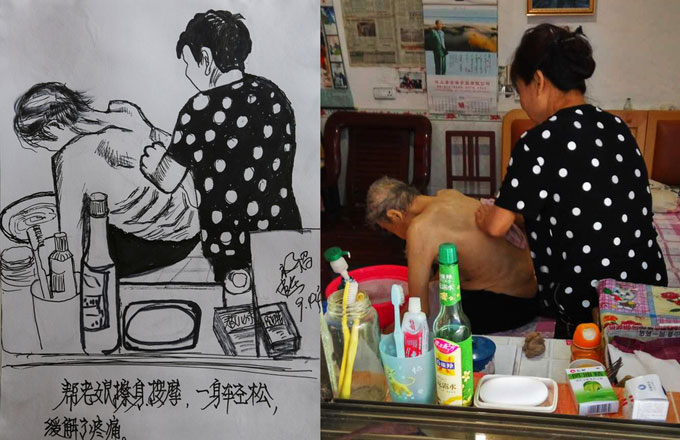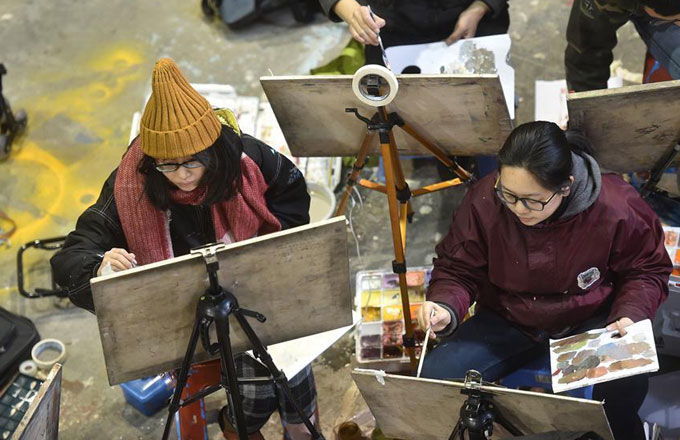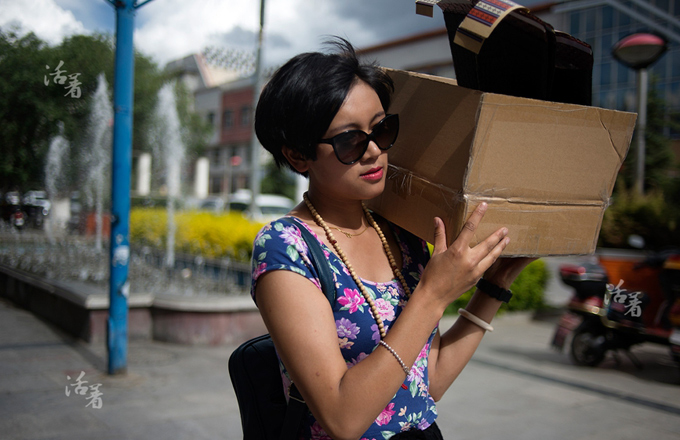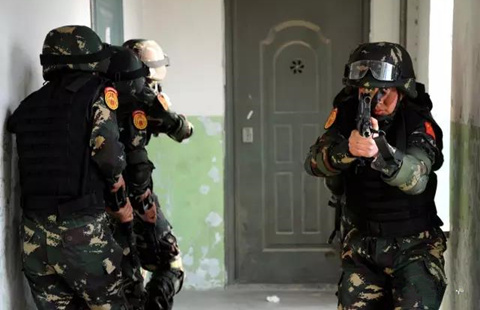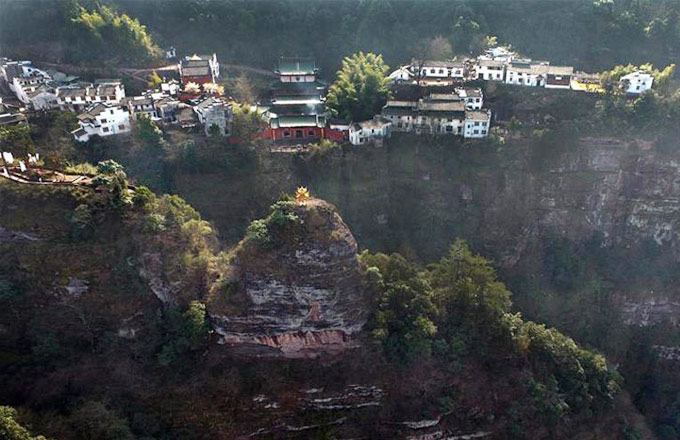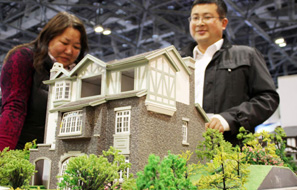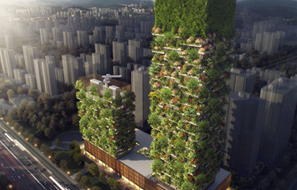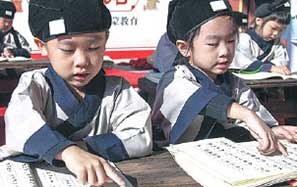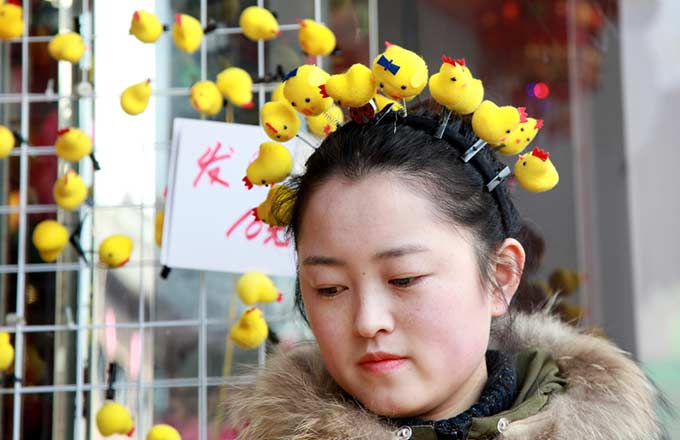Beijing issues new standards on school racetracks after poisonings
BEIJING - Beijing will issue new standards on the quality of synthetic racetracks in primary and high schools in 2017 after children reportedly fell sick from exposure to toxic running tracks last year.
Construction of new synthetic running tracks will be suspended until the enforcement of the new standards, which have been included in the top agenda of the Beijing Municipal Education Commission this year.
Makeshift racetracks, such as water permeable brick or concrete ones, will be adopted with the new standards.
Zhang Yongkai from the commission said the new standards would require extensive tests on chemical substances, and that the entire construction process, including raw material purchase and processing, would be under strict inspection.
Last year, pupils in a primary school in downtown Beijing reported nosebleeds, dizzy spells and coughs after alleged exposure to the newly renovated tracks. Tests on the tracks in mid-June, nine months after they were put into use, showed excessive amounts of benzene substances and formaldehyde.
Similar cases were also reported in other provincial regions, such as Jiangsu and Guangdong.
Media reports said that some of the racetracks were made of industrial waste, such as scrap tires and cables, and were built with substandard glue.
Construction of new synthetic running tracks will be suspended until the enforcement of the new standards, which have been included in the top agenda of the Beijing Municipal Education Commission this year.
Makeshift racetracks, such as water permeable brick or concrete ones, will be adopted with the new standards.
Zhang Yongkai from the commission said the new standards would require extensive tests on chemical substances, and that the entire construction process, including raw material purchase and processing, would be under strict inspection.
Last year, pupils in a primary school in downtown Beijing reported nosebleeds, dizzy spells and coughs after alleged exposure to the newly renovated tracks. Tests on the tracks in mid-June, nine months after they were put into use, showed excessive amounts of benzene substances and formaldehyde.
Similar cases were also reported in other provincial regions, such as Jiangsu and Guangdong.
Media reports said that some of the racetracks were made of industrial waste, such as scrap tires and cables, and were built with substandard glue.




